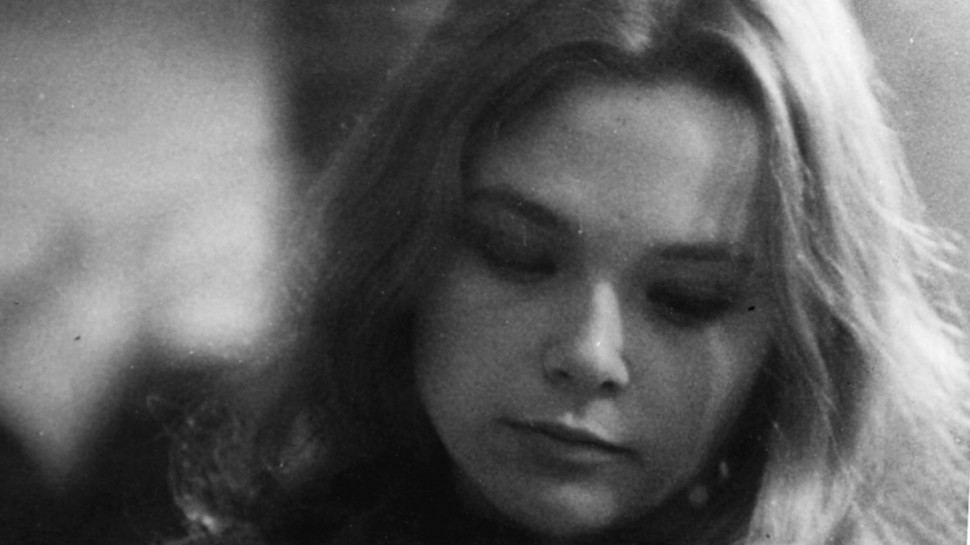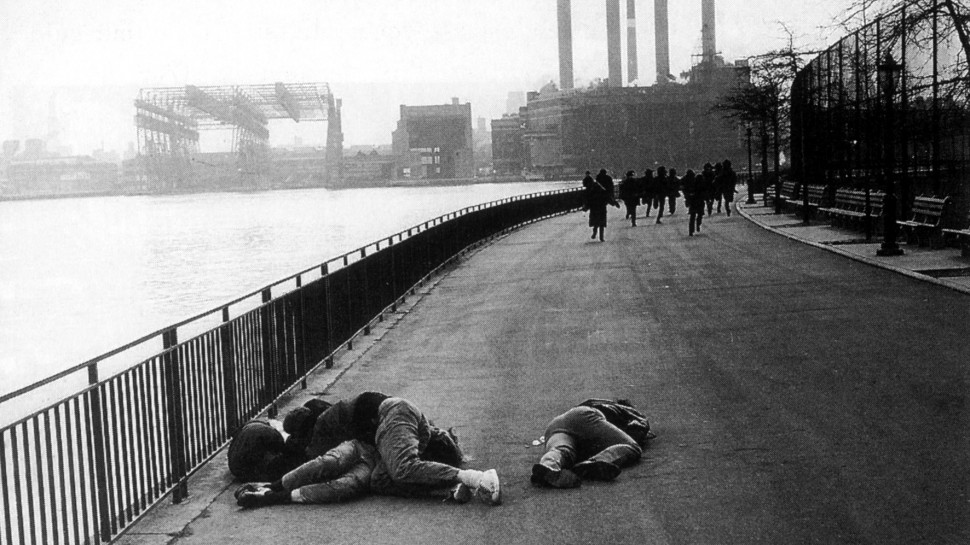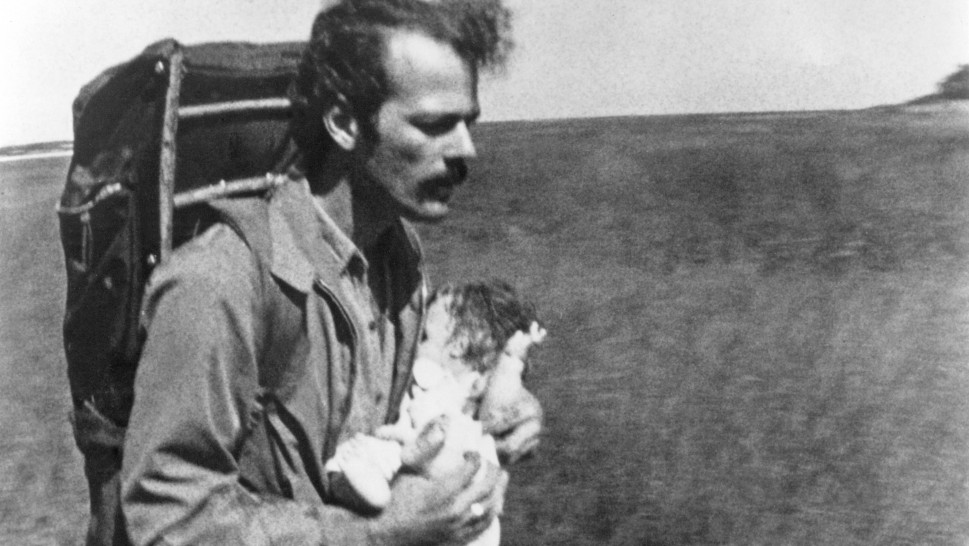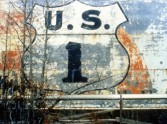


Man with a Movie Camera: Robert Kramer
Robert Kramer—who, according to Vincent Canby of the New York Times, "seems incapable of shooting a scene, framing a shot or catching a line of dialogue that isn’t loaded with levels of information one usually finds only in the best, most spare poetry"—died unexpectedly in France this past November at the age of sixty.
He left a singular body of work—as far from Hollywood as it was from underground or experimental films—that eventually, he felt, would "make up one long film . . . one ‘story’ in a continual process of becoming." A committed leftist who emerged radicalized from his studies in philosophy and Western European history at Swarthmore and Stanford, he worked as a reporter in Latin America and organized a community project in a black neighborhood in Newark, New Jersey, before founding the Newsreel movement, an underground media collective which made some sixty documentaries and short films about radical political subjects and the antiwar movement between 1967 and 1971. Kramer made his mark in the 1960s as the great filmmaker of the American radical left with films like The Edge and Ice.
Embraced by the European intelligentsia, he eventually moved to Paris in the early 1980s, where he continued to produce fictionalized and documentary films on a range of subjects from Portugal’s April Revolution and post-independence Angola to the Tour de France—all the while maintaining his "uninterrupted dialogue with America." Our series offers the opportunity to sample a range of Kramer’s rarely screened work and to pay tribute to this unique cinematic personality.















